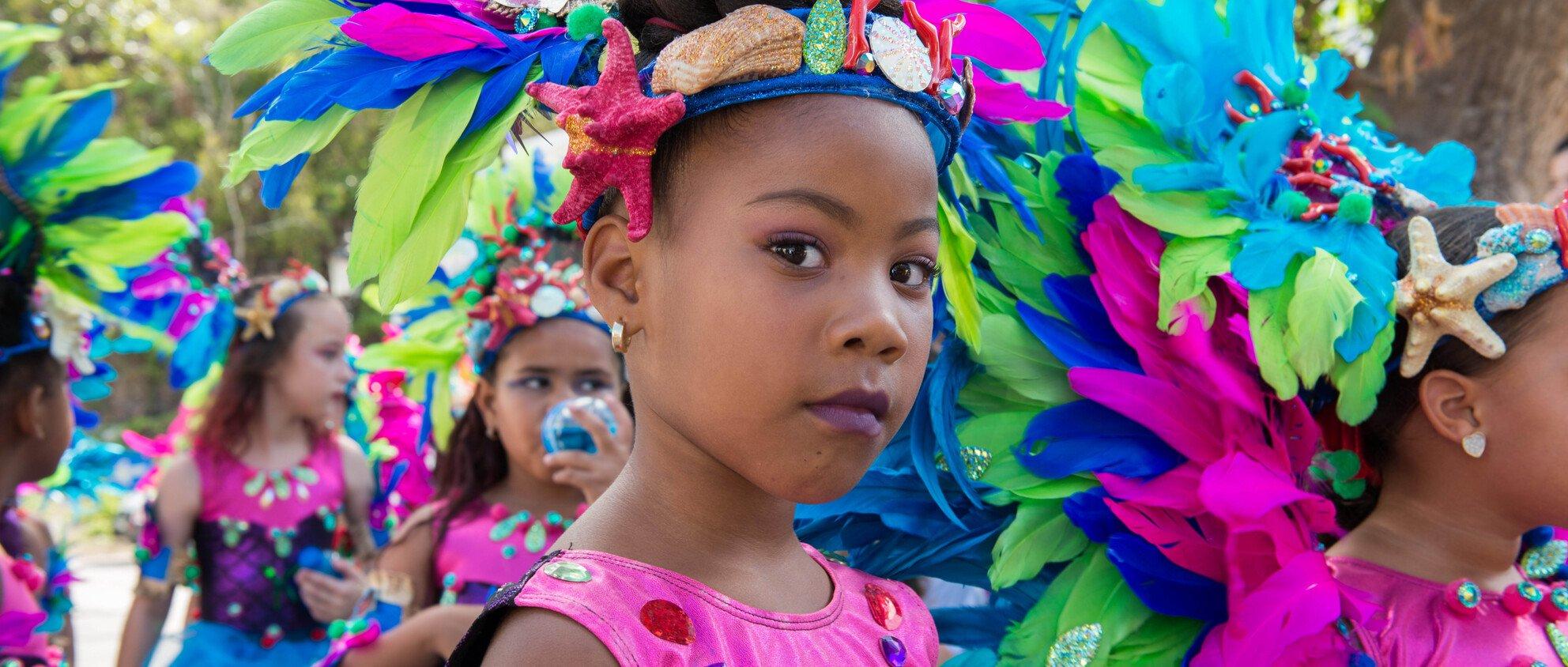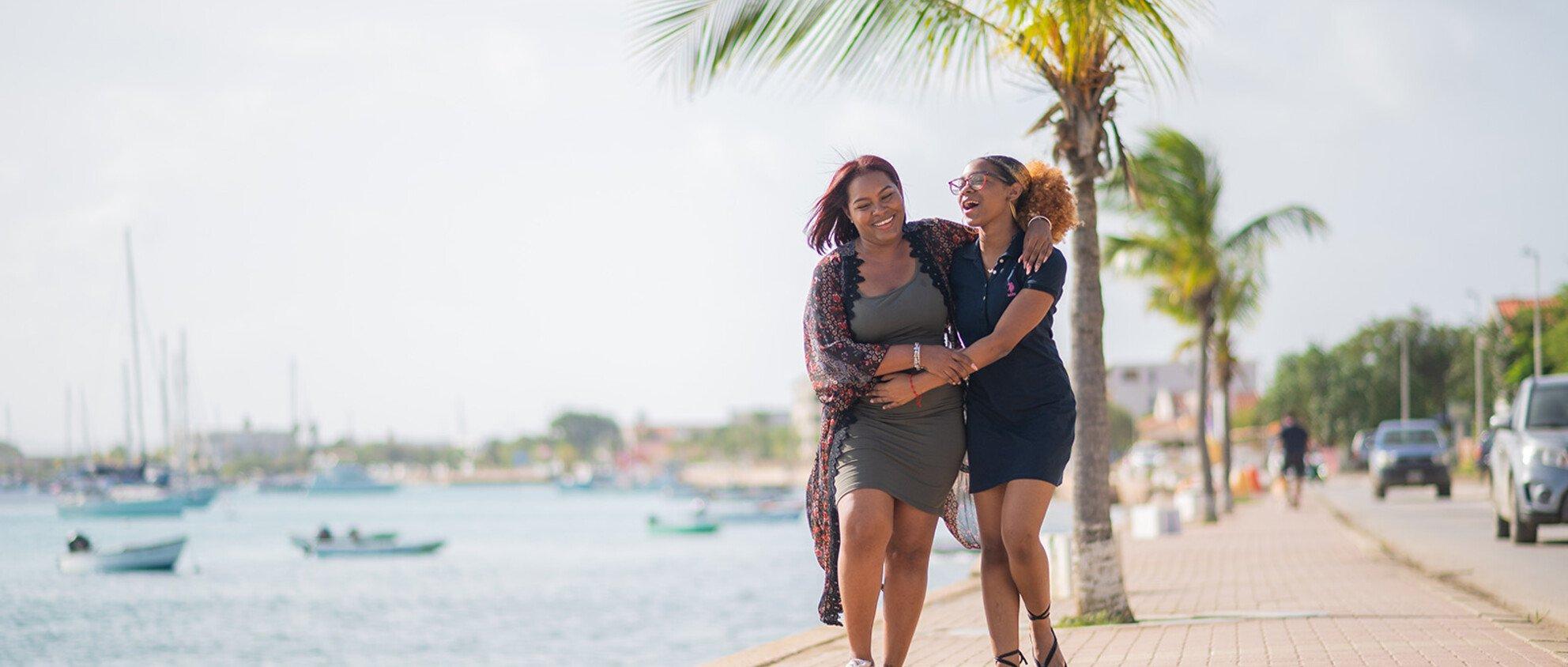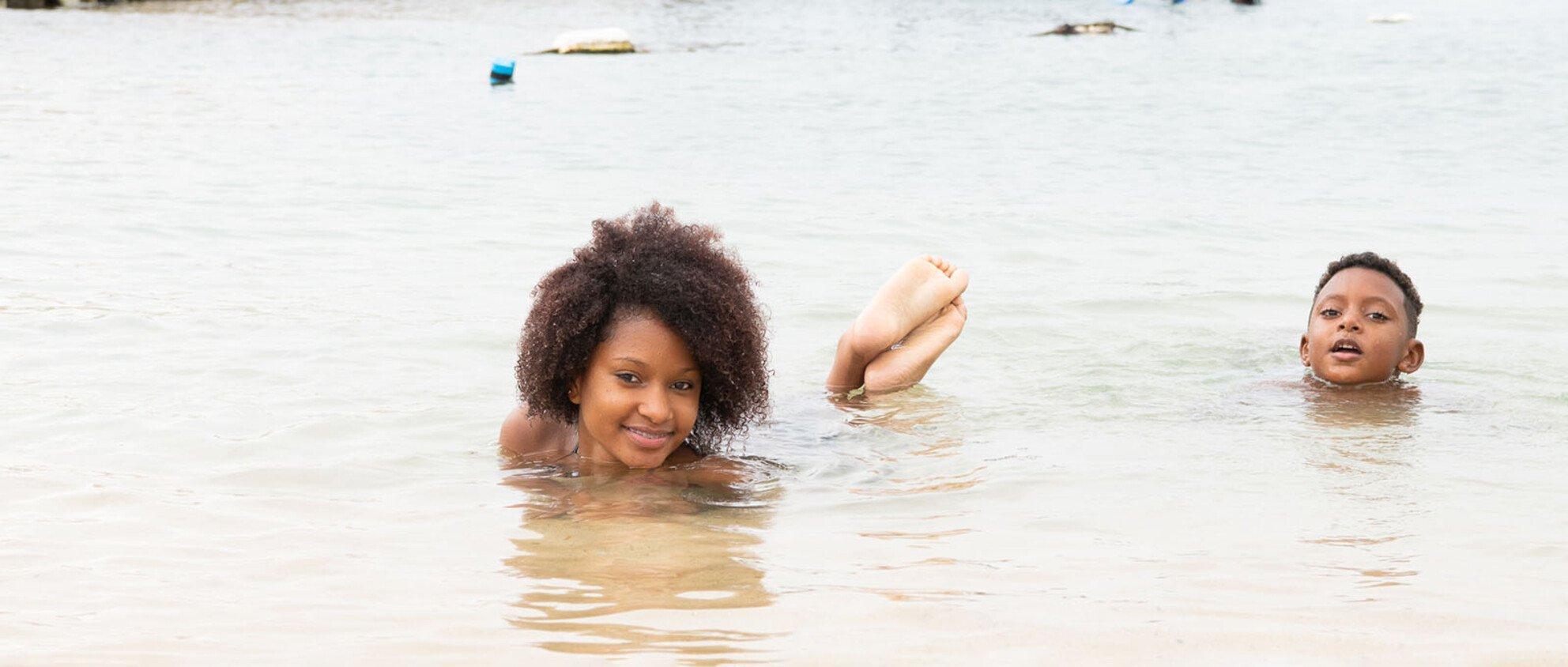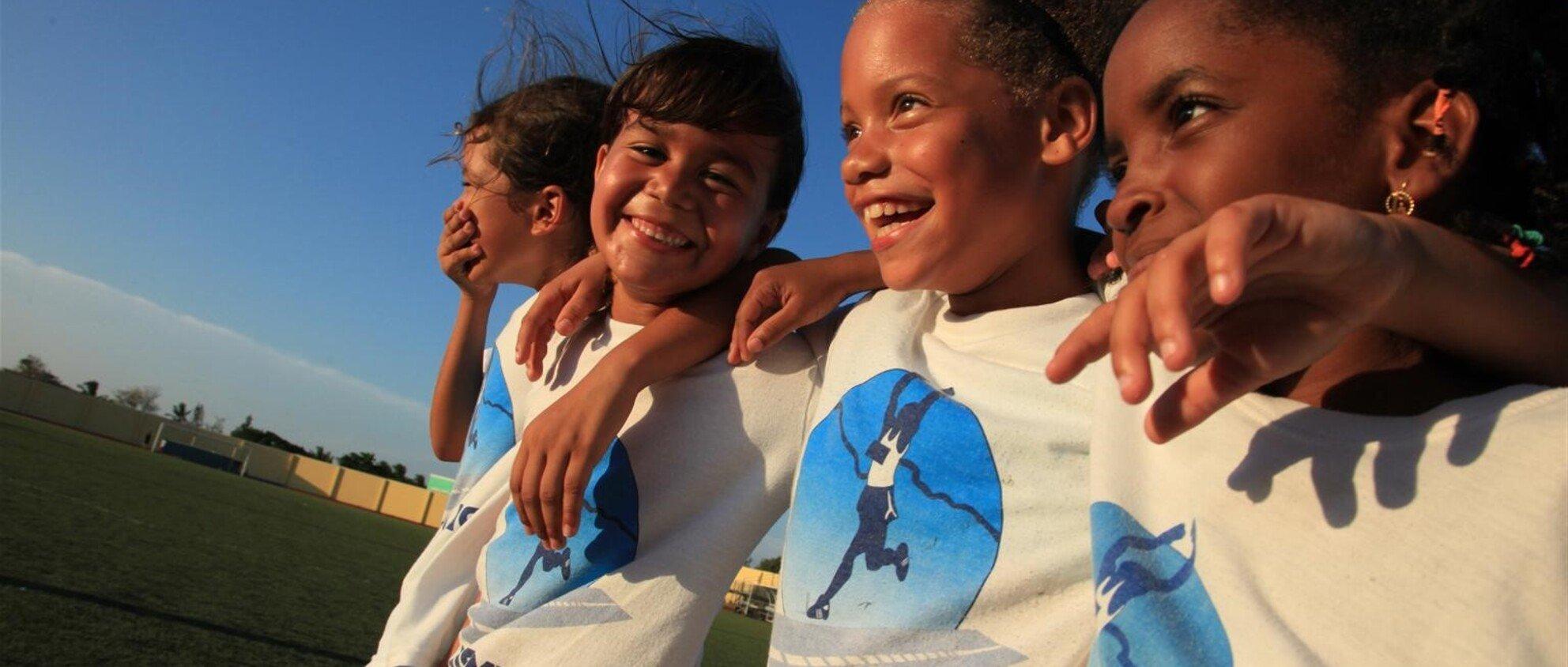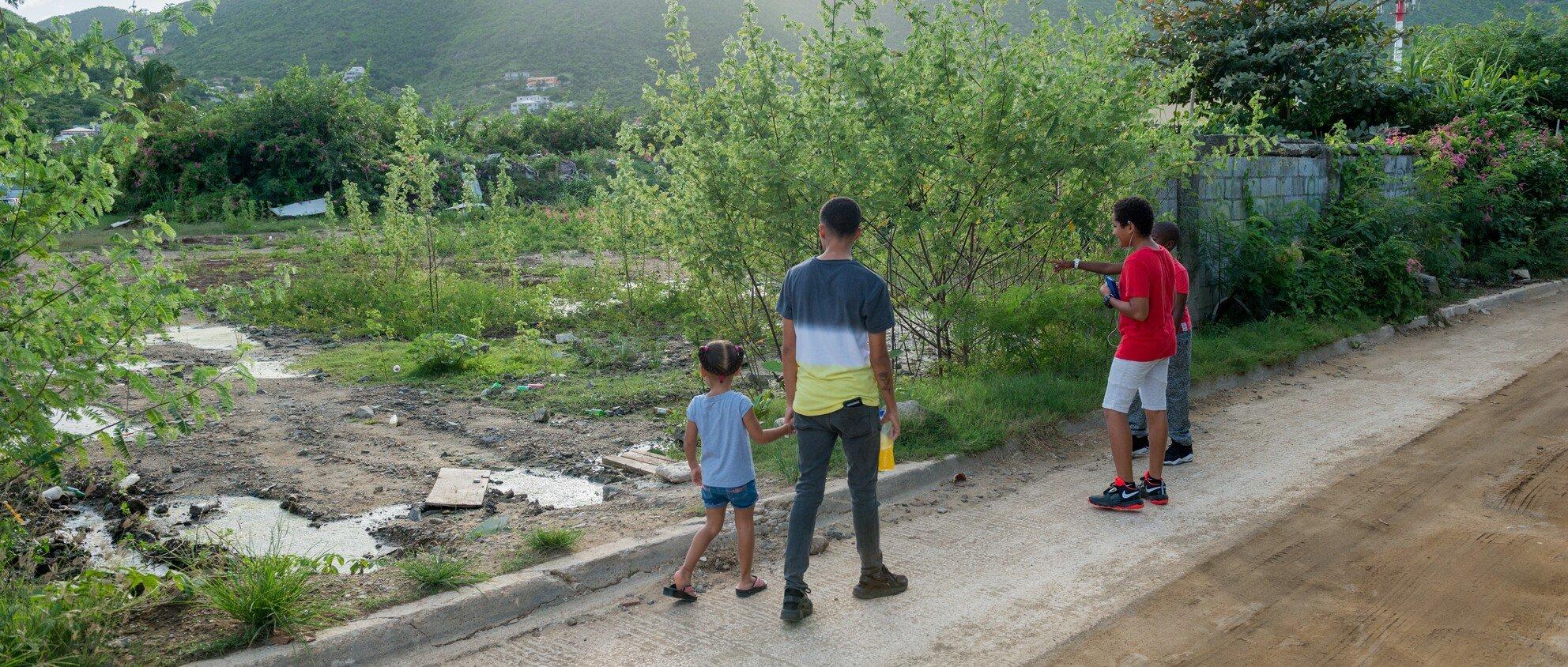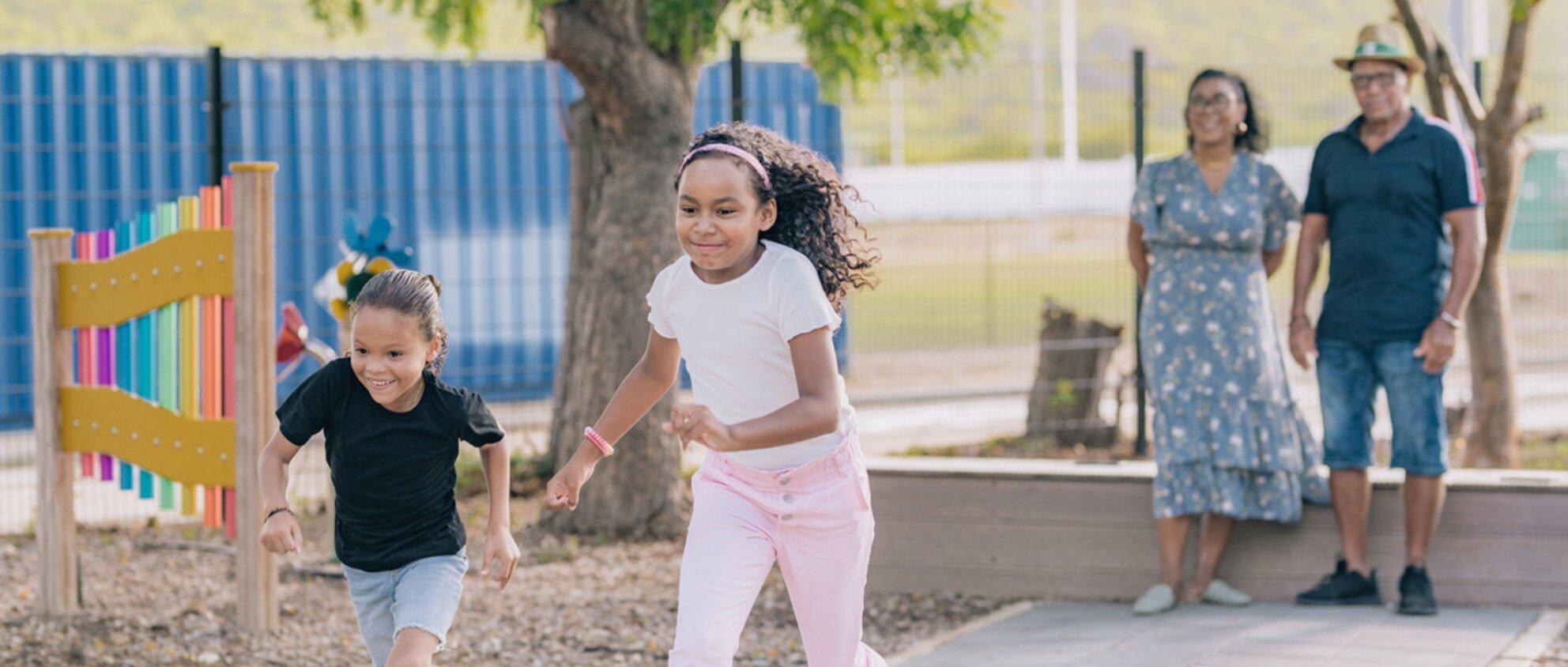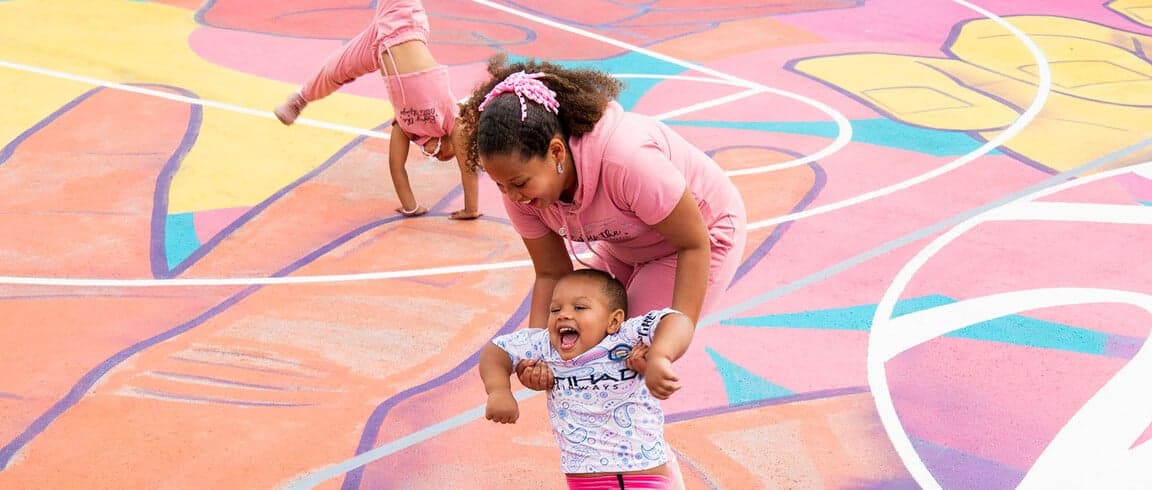Children who grow up on the six Dutch Caribbean islands are entitled to the same opportunities as children in the Netherlands. Yet, in practice this is often different.
Many children on these islands grow up in unsafe or unhealthy conditions. In parts of the Dutch Caribbean there is a lot of poverty. Sometimes there is not enough money to buy clothes or (healthy) food and children go to school hungry. Data on children are limited in many areas, for example on youth care, child abuse and child-poverty.
Prevention of Child Abuse
For many children in the Caribbean part of our Kingdom, growing up safely and with opportunities is not a given. Poverty is common, the cost of living is high, and many parents need multiple jobs to make ends meet. This leads to a lot of stress in families, and child abuse is also common.
The UN Committee on the Rights of the Child advocates for additional investments in child protection and the prevention of child abuse, for example through campaigns on positive parenting. There are still too many differences with European Netherlands in social services and opportunities for sports and play for children. This also needs to change, according to the Committee.
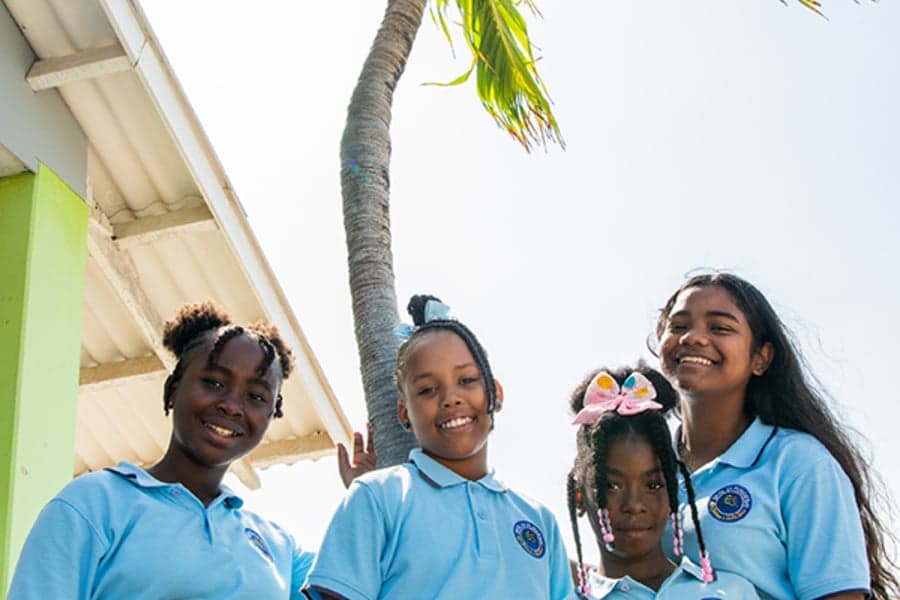
UNICEF's work
Children in the Caribbean parts of our kingdom must grow up safely and with opportunities. Our program consists of five pillars:
- Prevention: positive parenting at home and at school
- Detecting and referring child abuse
- Social-emotional resilience
- Participation of children and young people
- Child Friendly Cities, knowledge exchange, and sustainability
We work together with local governments and support at three levels:
- Developing legislation and policy, such as a law on the protection code
- Technical assistance in rolling out policy, for example by providing training to professionals
- Supporting implementation, for example in rolling out campaigns
Impactful Results
In recent years, good steps have been taken and beautiful results have been achieved. Here are some highlights:
- On Aruba, Curaçao, and Sint Maarten, the child abuse protection code has been established, and professionals have been trained to use the code. This means that, for example, teachers or healthcare professionals can recognize signs of child abuse and know what steps to take to help children. With an online magazine and toolkit, professionals receive further inspiration and knowledge.
- In the Caribbean Netherlands (Bonaire, Sint Eustatius, and Saba), an annual campaign on positive parenting takes place, in which parents from the islands share their experiences and inspire other parents. In 2024, the theme was Raising our Future, and we reached over 28,000 people. On the other islands, an inventory has been made of the available parenting support and what parents and children need. Based on this, parenting programs are currently being rolled out.
- In Sint Maarten, all schools are prepared for natural disasters such as hurricanes. Thanks to the game HURRYcane Run!, all students also know what to do when a hurricane comes. Additionally, a pilot project has been started to combat violence in schools.
- Sint Eustatius, as a candidate municipality for our global Child Friendly City network, has worked with children to investigate the state of children's rights on the island and has drawn up an action plan to improve the situation for children. A significant step is that every new policy of the special municipality is assessed for its impact on children! In November 2024, Saba also committed as a candidate Child Friendly City.
- In the Caribbean Netherlands and Sint Maarten, young people were given a platform to share their opinions with the government, for example through a youth council or the youth hub in Sint Maarten. Professionals received training in participation, and we facilitated knowledge exchange between the islands. Listening to the opinions of young people is not only inspiring but also ensures government policies that truly meet the needs of young people.
More resources needed
Thanks to the results of recent years, there is a good foundation for a safer and more promising environment for children on the islands. However, more effort is needed to further sustain and expand the achieved results. While local governments lack sufficient manpower and resources, the islands are not eligible for international aid funds. Therefore, UNICEF Netherlands is seeking additional resources to continue supporting the children on the islands.
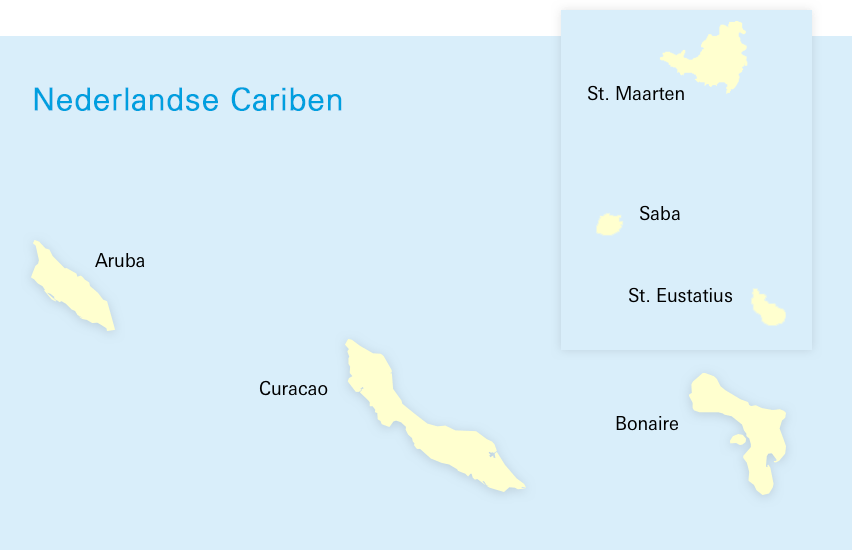
Status of the six islands
The Dutch Kingdom has a European and a Caribbean part. Bonaire, Sint Eustatius/Statia and Saba together with Curaçao, Aruba and Sint Maarten form the Caribbean part, the Netherlands forms the European part. The Kingdom consists of four countries governed by its own government: the Netherlands, Curaçao, Aruba and Sint Maarten. Bonaire, Statia and Saba are special municipalities of the Netherlands and together they are referred to as the Caribbean Netherlands, also known as the BES islands. The Dutch government, together with the governments of Curaçao, Aruba, St. Maarten and the public entities of Bonaire, St. Eustatius and Saba, is responsible for the children's rights situation within the Dutch Kingdom.
